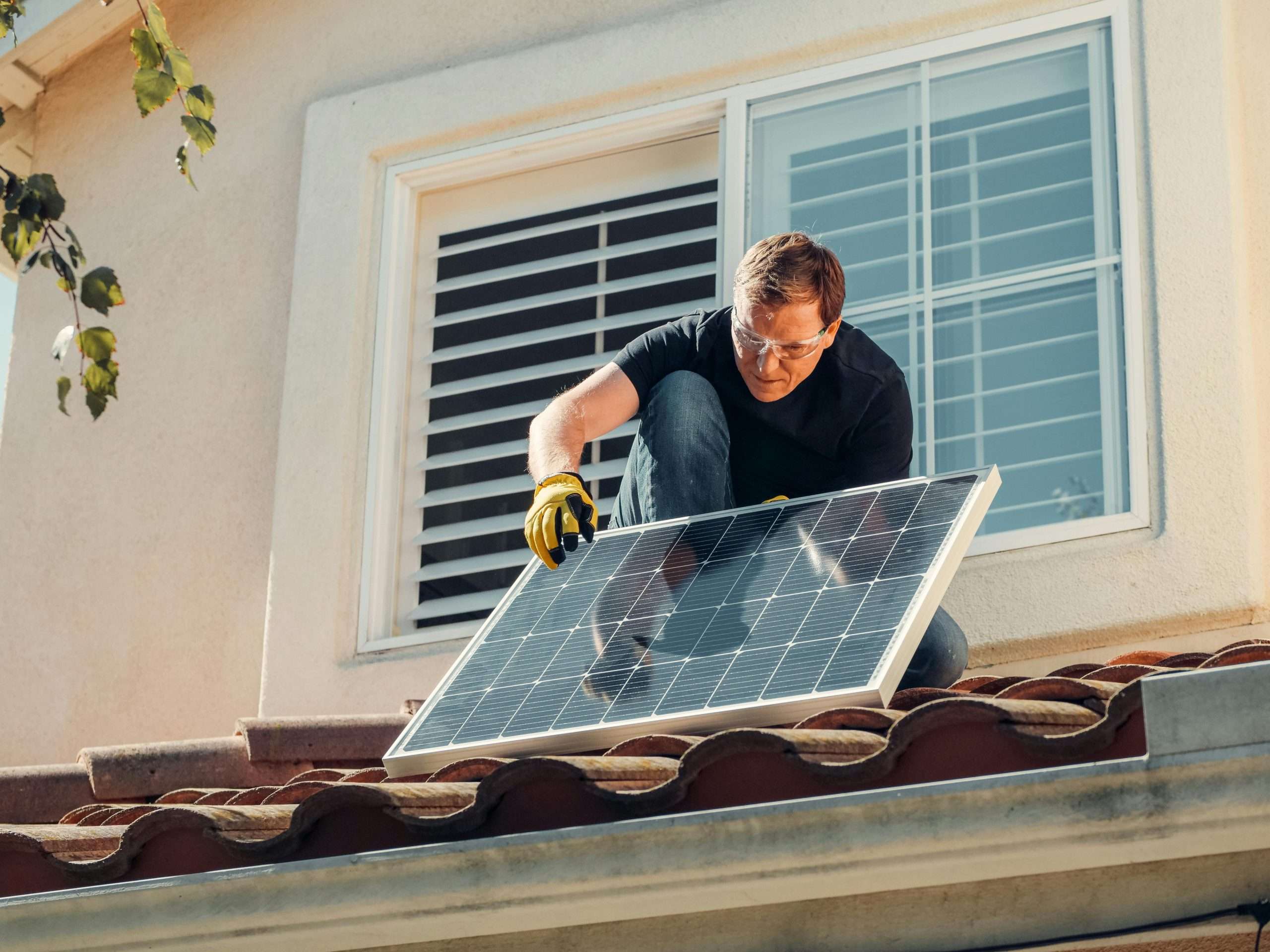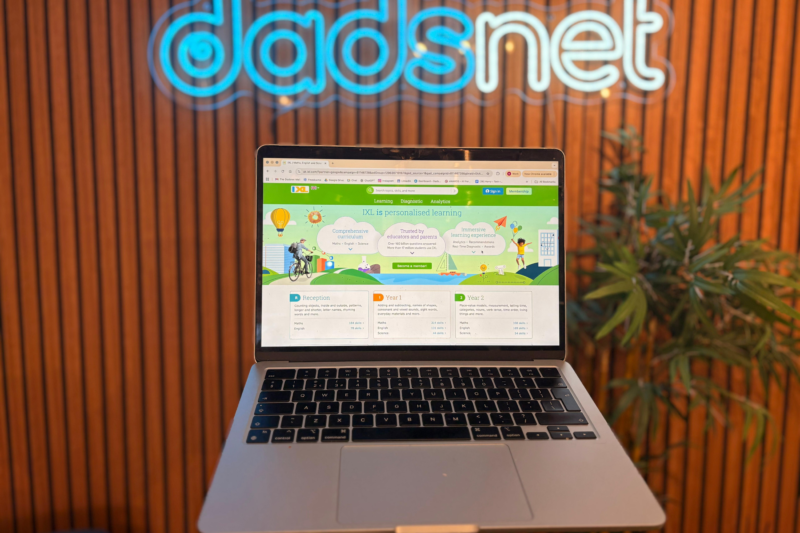In the journey towards a more sustainable lifestyle, solar panels represent a significant step forward for many families. They not only reduce environmental impact but also promise substantial financial savings in the long run. But how much can you really save by installing solar panels on your home? Let’s delve into a detailed cost-benefit analysis to uncover the financial implications and potential savings.
Initial Costs
The upfront cost of purchasing and installing solar panels is often the biggest concern for families. In the UK, prices can vary widely based on factors like the quality of the panels, the size of the system, and the specifics of your home installation. On average, a typical household system ranges from £4,000 to £8,000. It’s important to get multiple quotes and consider different types of panels to find the best fit for your budget and energy needs.
Government Incentives
To encourage renewable energy adoption, the UK government offers various incentives that can help offset the initial cost. The Smart Export Guarantee (SEG) allows you to earn money back by selling excess electricity generated by your panels back to the grid. The amount you earn depends on the rates offered by your energy supplier, which can vary but typically hover around 4 to 6 pence per kWh.
There is also the ECO4 scheme, which tells energy companies that they have to supply eligible homes with measures such as solar panels, air-source heat pumps and insulation – and there’s zero cost to you! It’s well worth checking your eligibility at WarmaUK.com before you make a decision, as if you qualify, they will handle the whole process for you, and it won’t cost you a penny.
Savings on Energy Bills
One of the most tangible benefits of installing solar panels is the reduction in your monthly energy bills. The amount you save depends on several factors:
Energy Usage: The more electricity you use during the day, when solar panels generate power, the more you’ll save.
System Size: Larger systems generate more electricity, potentially increasing your savings if you use that energy efficiently.
Geographical Location: Households in sunnier regions will generate more electricity and therefore achieve greater savings.
On average, families can expect to save anywhere from £200 to £800 annually on their electricity bills by using solar power, depending on their usage and other factors mentioned.
Break-Even Point
The break-even point, or the time it takes to recoup the initial investment through savings, is crucial for understanding the financial viability of solar panels. For most UK households, the break-even point occurs between 10 to 20 years after installation. Factors that influence this timeframe include the initial cost, energy prices, and how effectively you use the solar power generated. Of course, if you’re eligible for a government scheme that provides it for free, this break-even point is day 1.
Long-Term Financial Benefits
Beyond the immediate savings on energy bills, solar panels can increase the value of your home. A study by the National Renewable Energy Laboratory found that homes with solar panels sell 20% faster and for 17% more than homes without solar panels. Additionally, solar panels have a long lifespan, typically around 25 to 30 years, which means you can continue to reap financial benefits long after you’ve reached the break-even point.
Environmental Savings
While not a direct financial benefit, the environmental savings from using solar panels contribute to a broader societal shift towards sustainable energy, which can have long-term economic benefits through reduced healthcare costs and environmental degradation.
Solar panels offer a promising path towards reducing both your energy bills and your carbon footprint. While the initial costs can be significant, the long-term savings, government incentives, and potential increase in property value make solar panels a financially sound investment for many families. Be sure to check your eligibility for the ECO4 scheme too before you do anything – WarmaUK.com will handle everything if you qualify, and it’s all completely free for you.










